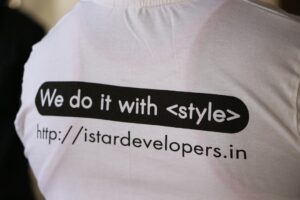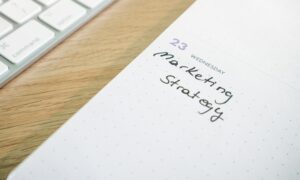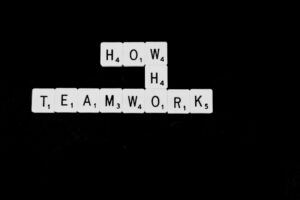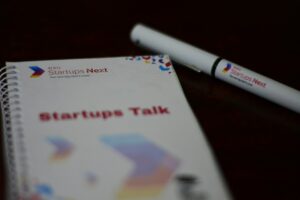Transforming Filmmaking: AI Tools Revolutionize Movie Production and Visual Design
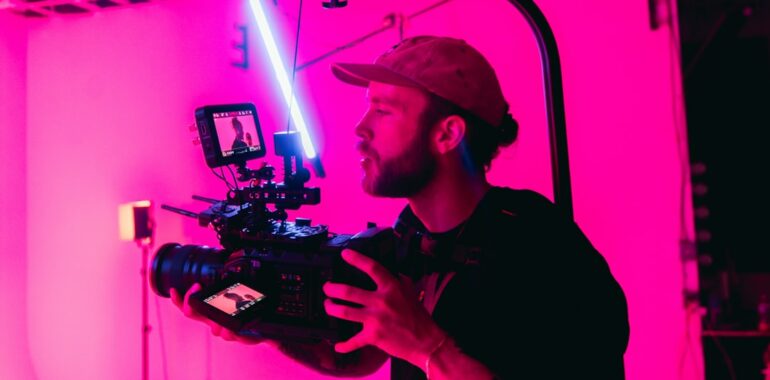
Explore how AI tools are revolutionizing movie production and visual design, enabling new creative possibilities in the film industry.
Introduction
The film industry has always been at the forefront of technological innovation, constantly evolving to enhance storytelling and visual experiences. Today, AI in film production is ushering in a new era, transforming how movies are made and opening up unprecedented creative possibilities. From streamlining production processes to enabling complex visual effects, artificial intelligence is revolutionizing every aspect of filmmaking.
The Rise of AI in Film Production
Artificial Intelligence has permeated various industries, and filmmaking is no exception. The integration of AI tools in movie production is not just a trend but a fundamental shift in how films are conceptualized, created, and produced. These tools are designed to assist filmmakers in tasks ranging from scriptwriting and editing to visual effects and marketing, making the production process more efficient and innovative.
Streamlining Production Processes
AI-powered tools are significantly reducing the time and effort required in traditional filmmaking processes. Platforms like Runway, an AWS-powered startup, exemplify how AI can enhance every stage of production. Runway’s generative AI tools enable filmmakers to generate, edit, and remix media seamlessly within the browser, democratizing content creation for both seasoned professionals and aspiring artists.
For instance, during the production of the critically acclaimed film Everything Everywhere All at Once, AI tools were instrumental in managing tight deadlines and reducing the workload on visual effects artists. By automating tedious aspects of editing, such as rotoscoping, AI allowed the team to achieve complex visual effects in a fraction of the time it would traditionally take.
Enhancing Visual Design and Effects
One of the most impactful applications of AI in film production is in the realm of visual design and effects. Generative AI can create intricate visual elements that would otherwise require extensive manual effort and resources. This not only enhances the aesthetic quality of films but also allows for more ambitious and imaginative storytelling.
Runway’s AI Magic Tools, for example, cover a wide range of functionalities across video, image, 3D, and text. These tools empower filmmakers to bring their creative visions to life with greater precision and flexibility. By leveraging AI, filmmakers can experiment with new visual styles, create realistic special effects, and even generate entire scenes through simple text prompts.
Case Study: Runway’s Impact on Filmmaking
Runway, a New York-based AI company, has been a pioneer in integrating AI into the film production workflow. Founded by Cristóbal Valenzuela and his co-founders, Runway emerged from a shared interest in computational creativity and machine learning’s potential to aid storytellers. The company’s mission is to democratize content creation, making advanced tools accessible to a broader range of creatives.
AI in Action: Everything Everywhere All at Once
In Everything Everywhere All at Once, Runway’s AI tools played a crucial role in the film’s visual effects. With a small team and tight deadlines, the AI-powered rotoscoping tool allowed visual effects artist Evan Halleck to efficiently create clean cuts of dynamic scenes, such as the film’s iconic rock sequence. This AI-driven approach not only saved time but also maintained the high visual standards required for the film, demonstrating the practical benefits of AI in film production.
Future Prospects of AI in Film
The collaboration between Runway and AWS highlights the critical role of the cloud in enabling scalable AI solutions for filmmakers. The immense computing power provided by AWS allows Runway to develop and deploy sophisticated AI models that can handle enterprise-scale content creation needs. As AI technology continues to advance, its applications in film production are expected to expand further, offering even more innovative tools for creators.
Democratizing Filmmaking with AI
One of the most significant advantages of AI in film production is its ability to democratize the filmmaking process. By lowering the barriers to entry, AI tools enable a more diverse range of voices and stories to emerge in the industry. Aspiring filmmakers, who may lack extensive resources or technical expertise, can now leverage AI to bring their creative ideas to fruition.
Empowering Independent Creators
AI-powered platforms like Runway are empowering independent creators by providing affordable and accessible tools for professional-grade content creation. This technological empowerment ensures that talent is not limited by financial constraints or access to high-end equipment, fostering a more inclusive and vibrant film community.
Expanding Creative Possibilities
AI opens up new creative avenues for filmmakers, allowing them to experiment with innovative storytelling techniques and visual styles. From generating unique character designs to creating immersive virtual environments, AI enhances the creative toolkit available to filmmakers, enabling them to push the boundaries of traditional filmmaking.
Challenges and Considerations
While AI in film production offers numerous benefits, it also presents certain challenges that need to be addressed to maximize its potential.
Ethical Considerations
The use of AI in creating and manipulating media raises ethical questions regarding the authenticity and originality of content. Filmmakers must navigate the balance between leveraging AI for efficiency and maintaining the integrity of their creative vision.
Technical Limitations
Despite significant advancements, AI tools are not without limitations. Ensuring the reliability and accuracy of AI-generated content requires continuous improvement and human oversight. Filmmakers must be adept at integrating AI tools into their workflows while retaining creative control.
The Future of AI in Film Production
The future of AI in film production is promising, with continuous innovations set to further transform the industry. As AI technology becomes more sophisticated, its integration into various aspects of filmmaking will deepen, offering even more powerful tools for creators.
Integration with Other Technologies
AI is poised to synergize with other emerging technologies, such as virtual reality (VR) and augmented reality (AR), to create immersive storytelling experiences. This integration will enable filmmakers to craft stories that are not only visually stunning but also deeply engaging for audiences.
Personalized Content Creation
AI’s ability to analyze vast amounts of data can lead to personalized content creation, where films are tailored to individual audience preferences. This level of customization can enhance viewer engagement and satisfaction, paving the way for more interactive and dynamic film experiences.
Conclusion
AI in film production is revolutionizing the industry by enhancing efficiency, expanding creative possibilities, and democratizing content creation. Tools like Runway are at the forefront of this transformation, empowering filmmakers to achieve professional-grade results with greater ease and innovation. As AI technology continues to evolve, its impact on movie production and visual design will only grow, ushering in a new era of filmmaking where creativity and technology seamlessly intersect.
Ready to revolutionize your startup journey with AI? Discover more with TOPY AI

